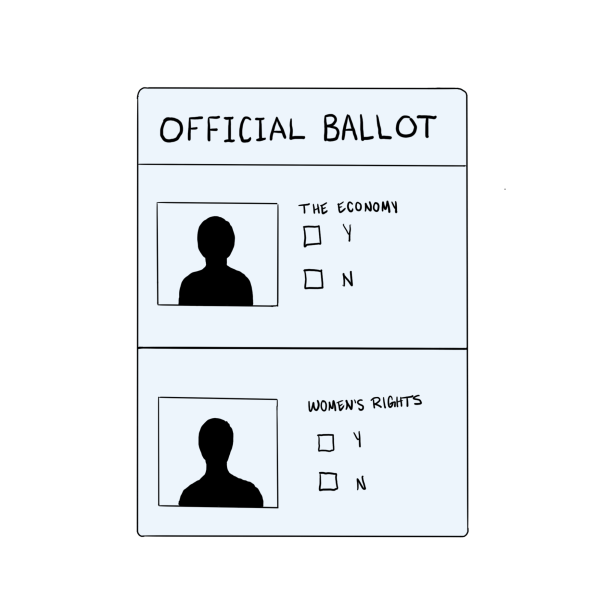Questions of Middle East Stability as Diplomatic Efforts Between Iran and Members of the U.N. Security Council Move Forward
Wait For A Good Deal By Jacob Wasserman
The United States and the rest of the P5+1 (namely Russia, China, the United Kingdom and France, plus Germany) have several more days to negotiate a nuclear deal with Iran as their intended resolution date, November 24, quickly approaches. After years of sanctions devastating its economy, Iran came into negotiations as the weaker party. However, with the relaxing of the sanctions, Tehran has gained more leverage, decreasing the likelihood of it making necessary concessions. Iran continues to maintain that its program is intended for peaceful energy purposes, while many worry that an agreed-upon deal would allow it to acquire nuclear weapon breakout capabilities.
Although it may appear to be an ideal time to strike a deal since the Iranian leadership is seemingly more Western and less radical than it has been in the past, we must remember that Ayatollah Khomeini holds autonomous control and likely only allowed “moderates” to take office to give Iran a better image. It is unlikely that Iran intends to only use its nuclear energy for peaceful purposes in the long run, especially since it supports terrorism and arms groups like Hamas in Gaza, Hezbollah in Lebanon and even Assad’s brutal regime in Syria.
The P5+1 should only pursue a deal with Iran if they can receive a good deal. They should ignore anything falling short of that, keeping in mind that Iran is a very anti-Western country that consistently oppresses minorities within its own borders, nevermind demonizes and calls for the annihilation of Israel. Based on Iran’s foreign policy, world powers cannot grant Iran the advantages of a nuclear energy program. A deal should only be made if Iran’s ability to develop a bomb is seriously delayed and sanctions continue to put strong pressure on its economy.
Domino Effect By Adam Basciano
If Iran were to acquire nuclear weapon capabilities, the repercussions for the region and the world would be far-reaching and detrimental to Middle East stability. The Islamic Republic of Iran is a country in rivalry with many of the region’s regimes in Egypt and Saudi Arabia and elsewhere, and its acquisition of a nuclear weapon would undoubtedly inspire a nuclear arms race in the Middle East. Saudi Arabia already has plans in place to purchase weapons of mass destruction from Pakistan the moment Iran obtains its own weapon. The same would be true for other actors in the region who would feel increasingly threatened by the boosted Iranian influence. Iran, with its already established networks to Shi’a and extremist groups, would undeniably feel empowered to increase this support of radical Islam. Western interests in the region, including Israel as well as U.S. regional military bases, would feel this pressure through an increase in acts of terror by groups such as Hezbollah and Hamas.
A good deal would put an end to Iran’s uranium enrichment so that its breakout capability would be no less than a year, as well as the implementation of a strict monitoring system by the International Atomic Energy Agency (IAEA). The regime in Tehran has empirically and ideologically shown little regard for regional stability, and the acquisition of a nuclear weapon in Iran would further escalate and empower acts of terror regionally and globally. Therefore, as an American, I believe the P5+1 negotiators must not accept a bad deal.
Wait or Bomb? By Abe Benghiat
The outcome of the Iran nuclear talks will have a profound impact on Israeli foreign policy in the Middle East region. Although the chances of striking a deal with Iran are low, any deal could make changes to the situation and stability in the Middle East. Israel is once again pushing for a freeze on Iran’s nuclear program; they were successful in doing so one year ago, but it expires on November 24. Iran failing to curb nuclear production could threaten Israel’s survival and destabilize the region.
Israel has a few options if this deal does not pass. They might wait and see what Iran does with the program, which has many consequences both politically and economically. They could also launch a unilateral preemptive strike on Iran’s nuclear facilities. Israeli Prime Minister Benjamin Netanyahu has previously said that Israel is willing to strike first with or without the United States’ help. As seen in Operation Opera in 1981, Israel’s threat is not an empty one. The Israeli Defense Force (IDF) has no problem using conventional weapons against Iran’s nuclear reactors and plants.
One problem that the IDF might encounter is the increased defenses of these bunkers. To overcome this, the IDF will have to obtain more modern bunker busting bombs from the United States. Until the 24th, it will be impossible know the results of the talks, but regardless of what happens, there will be extensive consequences in the Middle East.





